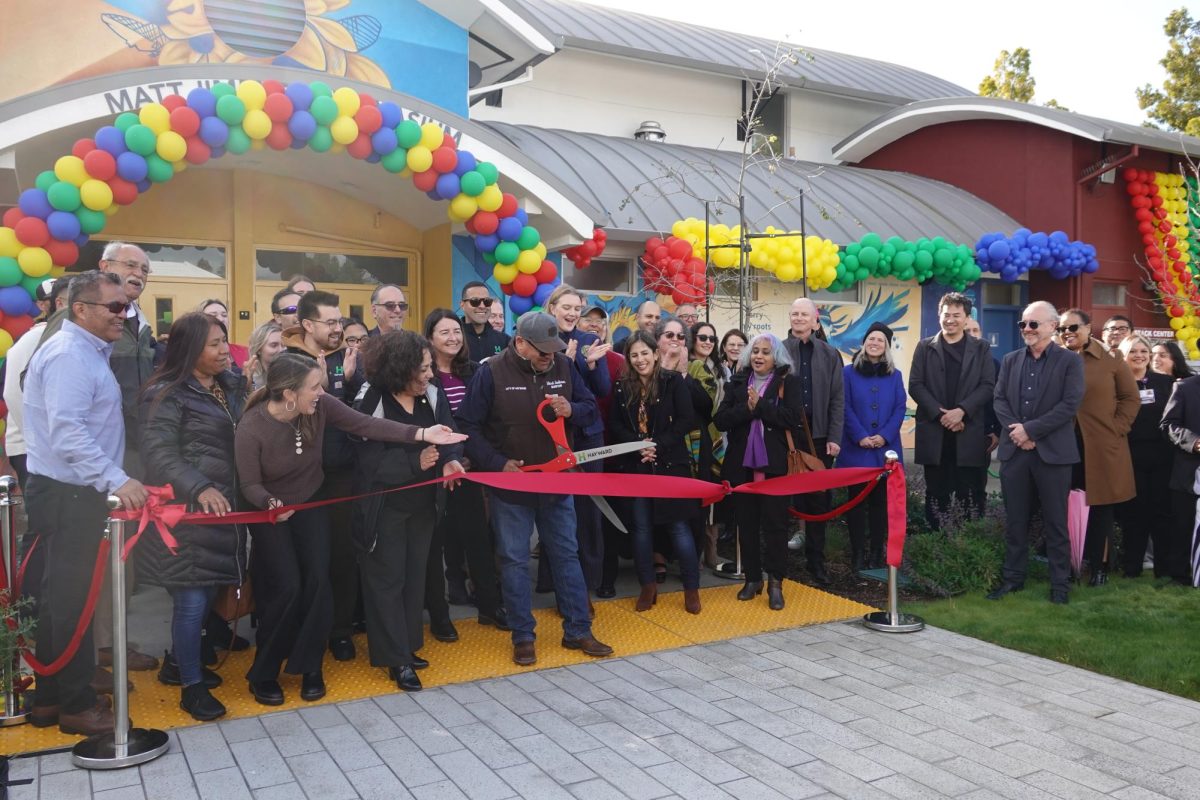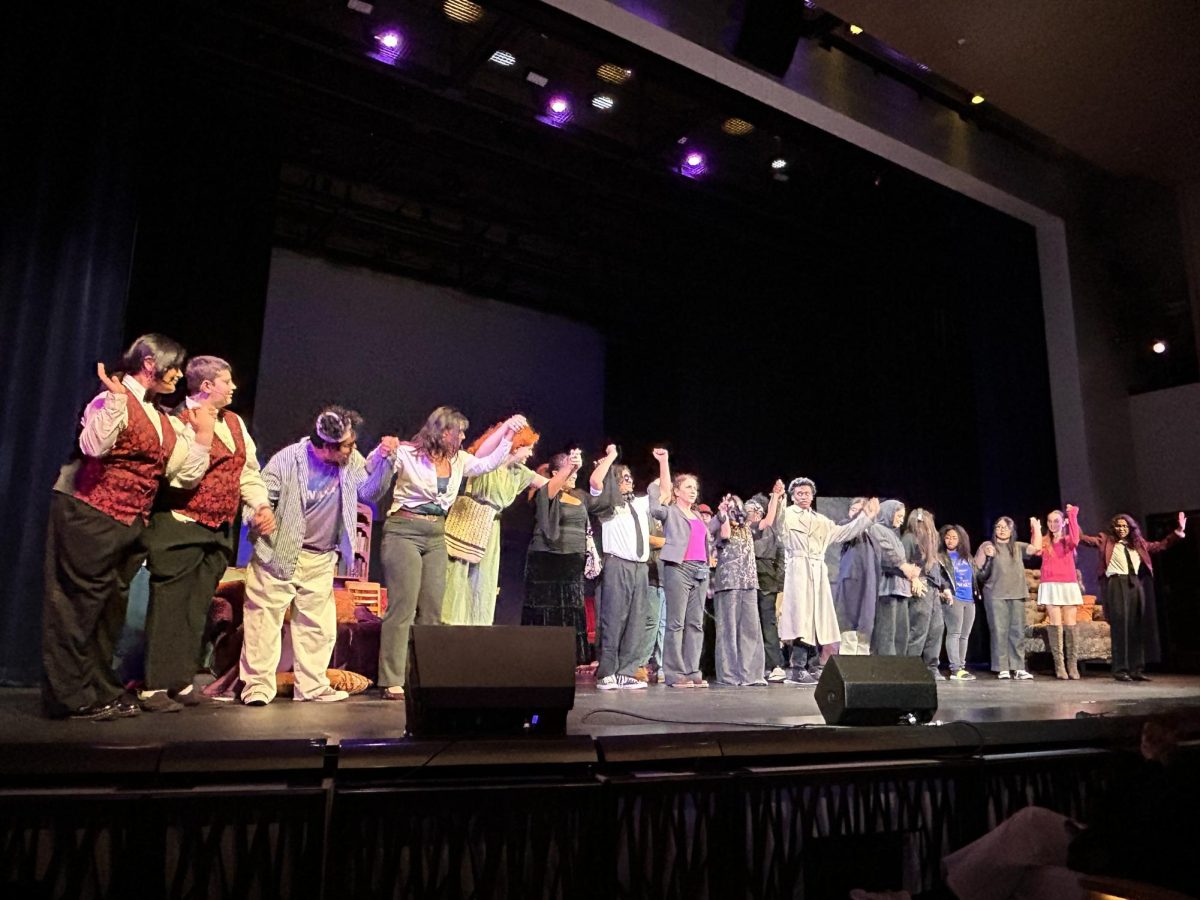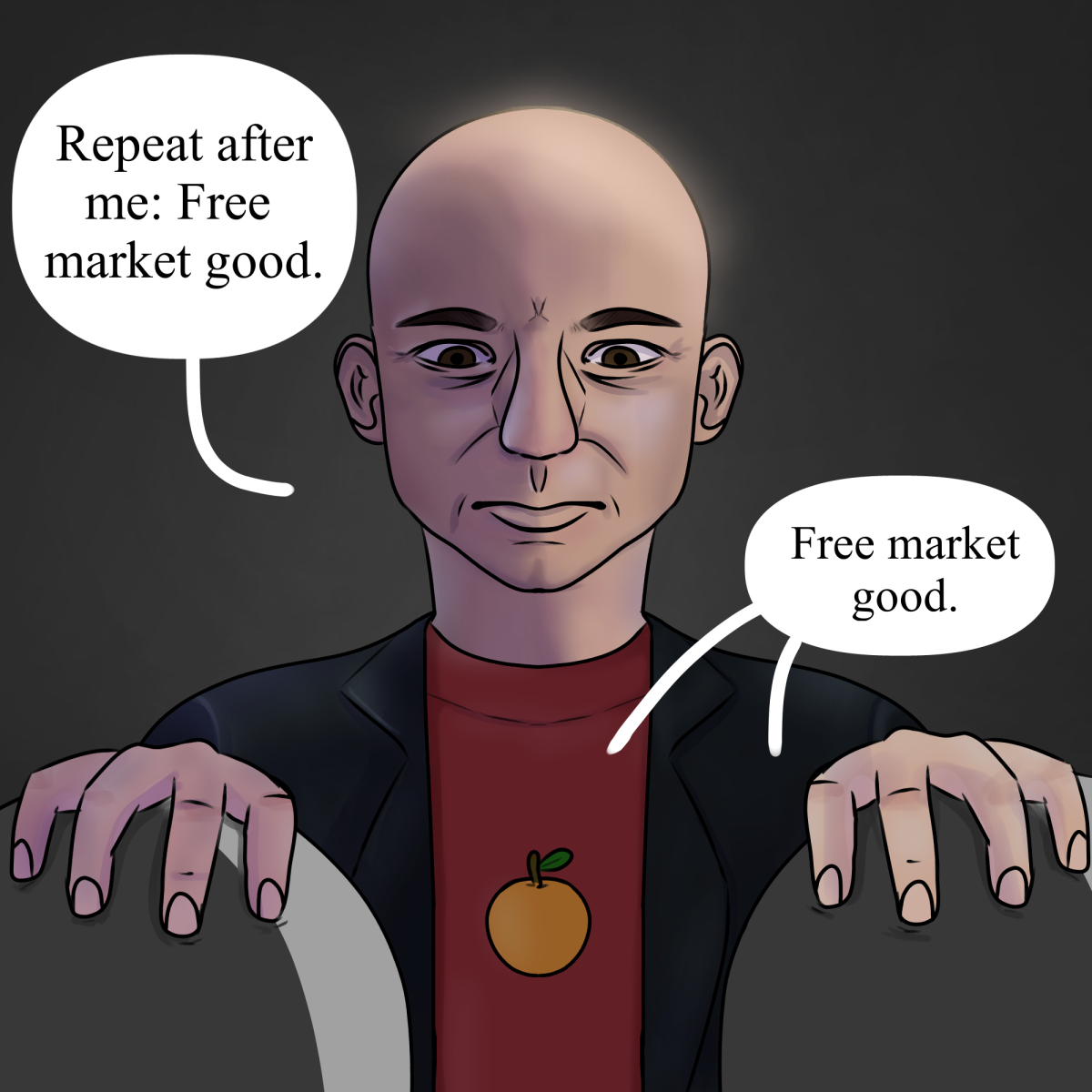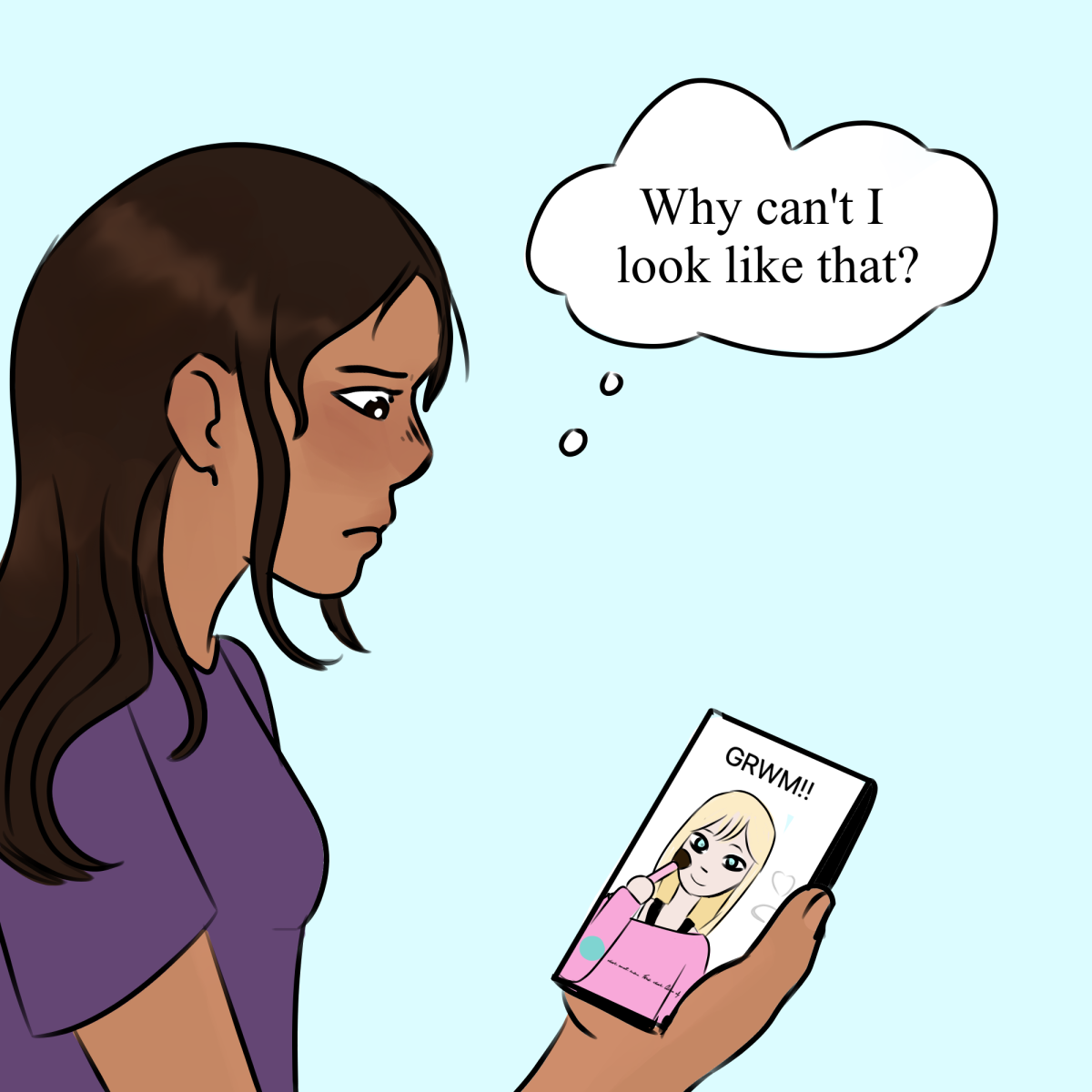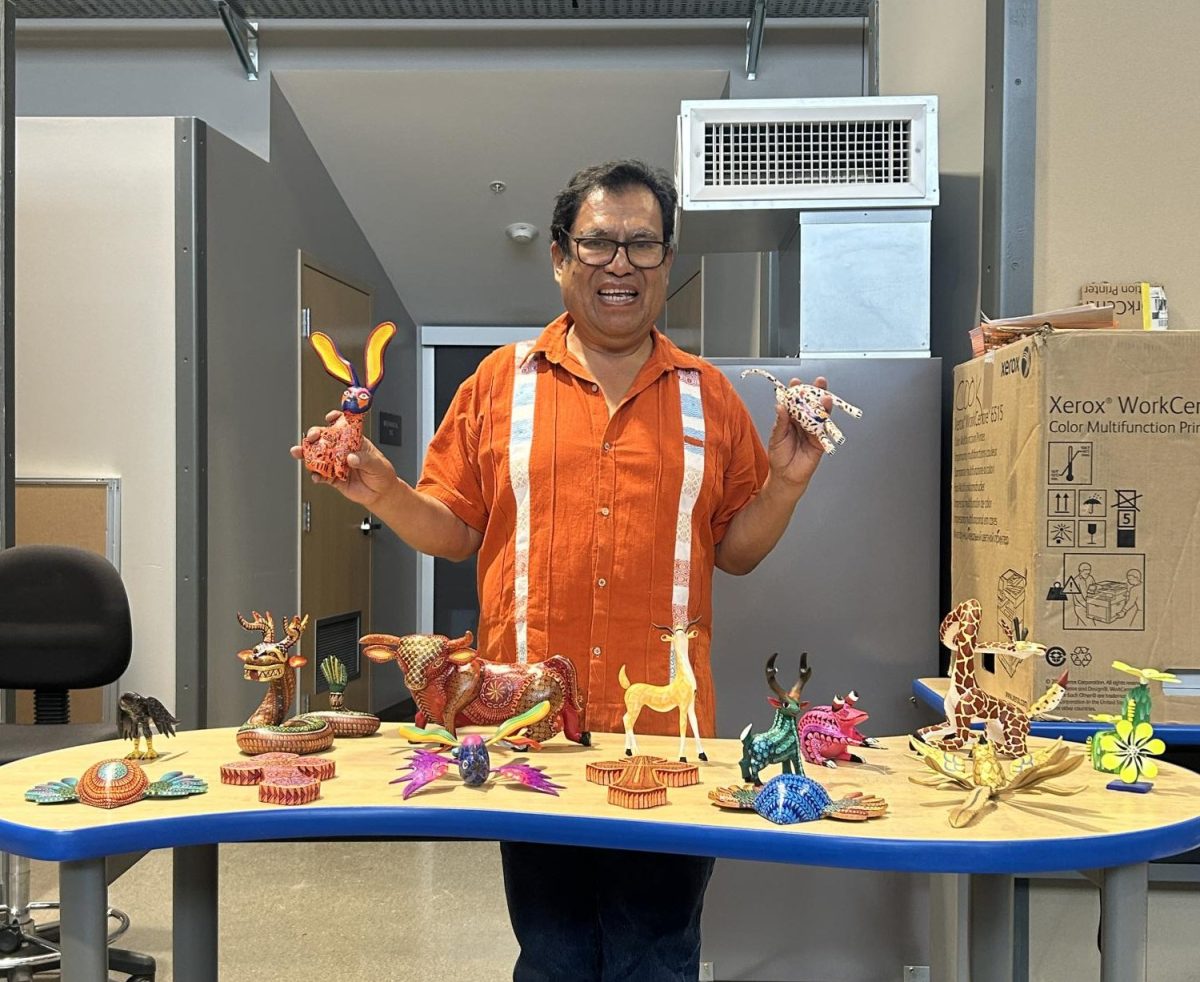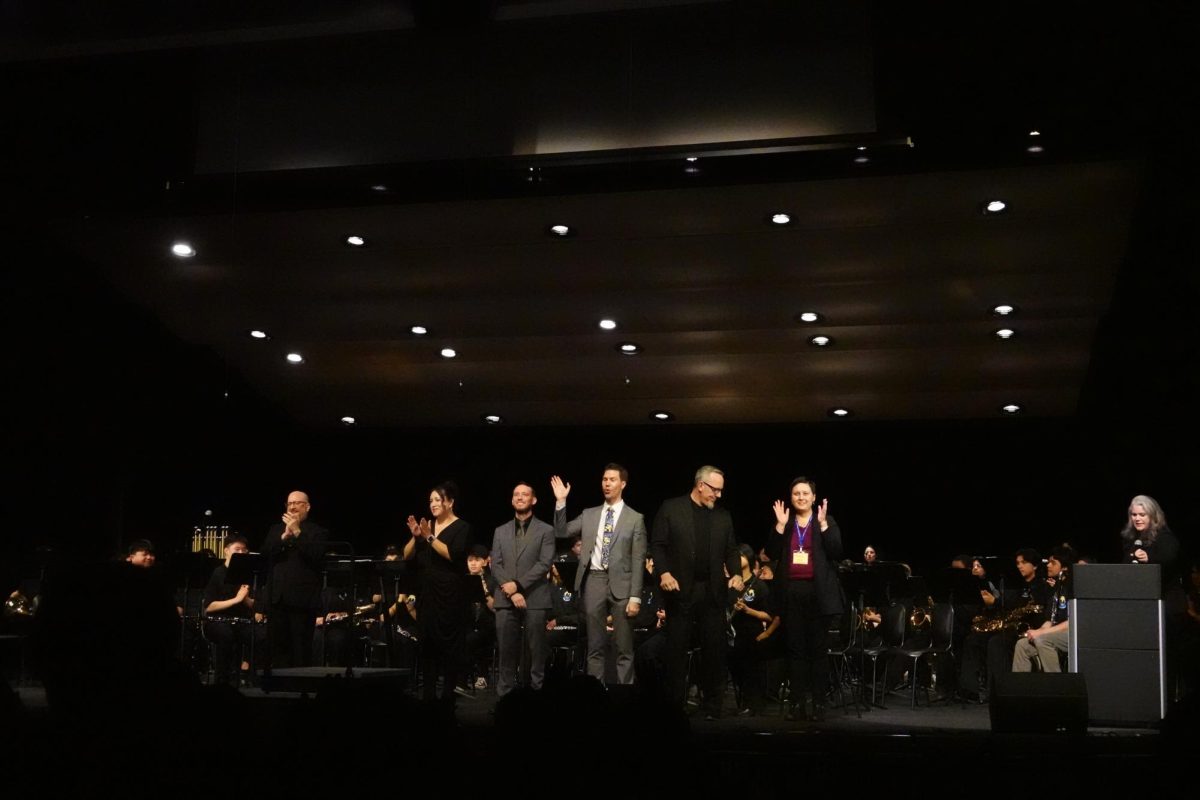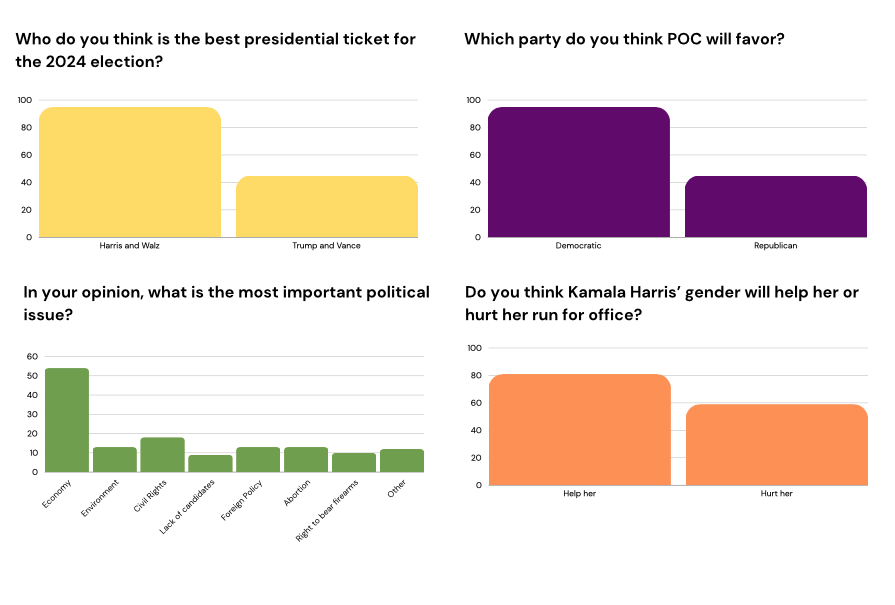The policies surrounding family separation at the U.S.- Mexican border, enacted under Trump in 2017, continue the narrative that immigrant people should be criminalized and excluded. The policies say that if a person comes without documentation to the U.S. and tries to enter, then they are subject to detention and criminal charges. If the adults being charged are traveling with kids they were forcibly separated. The government claimed this action must be taken to keep the country safe. The lack of empathy towards immigrants is not a rare occurrence. The focus of the immigration policy is not on humanity and people but on politics and hatred.
The U.S. is a country that states it values and protects children and families. If family separation involved a separation of American families, then it would have received more coverage and outrage. The majority of people feel strongly about the sacred bonds of parents and children, as it is part of our human rights to stay together. It is frightening to think our government took children away from their families and a thousand kids still remain separated.
The conditions that these families were subjected to were unacceptable. To put kids in detention centers that were like jails, alone and without care violates basic human rights. Without means to contact family, and language barriers these children are more vulnerable to being subjected to abuse without any protection or way to voice concerns. The children faced physical, psychological, and sexual abuse. They were not provided health care. Conditions were cold, crowded, and adhered to a rigid prison-like schedule.
There were 5,000 children who lost their parents. The government did not have a policy or process in place for how they were going to care for these children or reunite them with their families. Many ended up in child protective services, foster care, or group homes while a small number of children were paired with family members. Over six years later 1,000 children remain in the system and are no closer to reunification. Some families say, “they destroyed my life,” “my son even now cannot forget these horrible things,” and “my life was worth nothing.” For these families, retelling their experiences felt worse than death. The fact these experiences continue is unforgivable.
These families were subjected to this after facing a variety of dehydration, exhaustion, violence, and death. Most of US history involves discrimination and hatred towards newly arriving immigrants. The stories of these families must be amplified so that the citizens of the US can demand accountability to the government for this dark mark on our country. There needs to be action taken so those that remain apart can find their way home and this sort of tragedy is not repeated.

